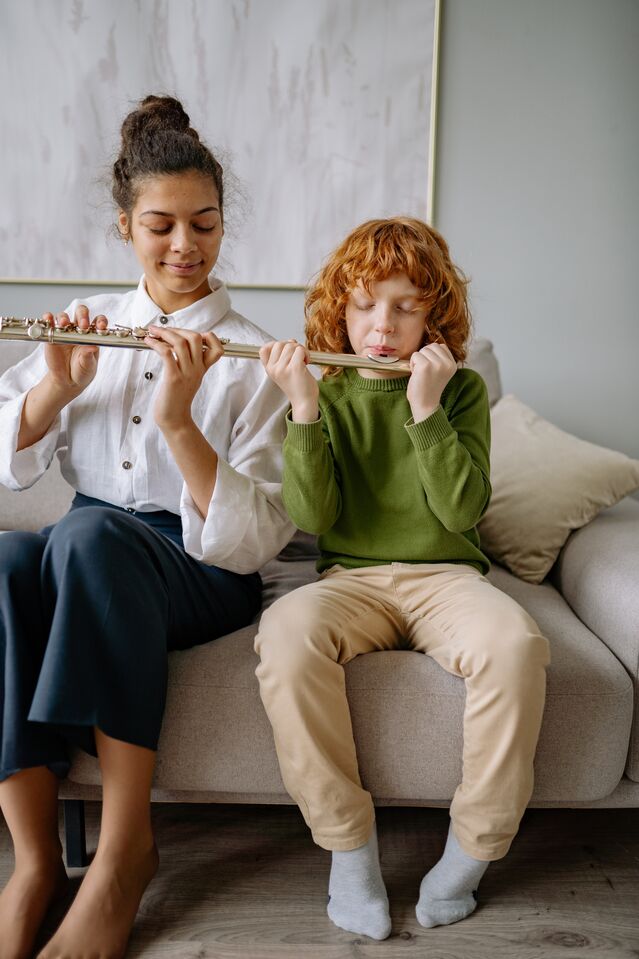Attention
How to Cultivate Right Intention in Music-Making
Cultivating right intention in music-making can be healing.
Posted February 1, 2022 Reviewed by Lybi Ma
Key points
- Examining our motivations can help us to better understand ourselves.
- Music-making is a way to connect with ourselves and with others.
- Music is an end in itself, and not a means to another end.
- Cultivating right intention in music-making can render many performing and creative artist's issues irrelevant.

It has been my experience that, "to what end?" is the most important question I can ask myself. In every aspect of my life, I feel a responsibility to examine my motivations and to weigh those motivations against the ethics I have chosen to uphold. In the Buddhist tradition, right intention is considered to be the central teaching of the eightfold path. "Right" can be thought of as best or wise, rather than correct. Right intention is the idea that our motivations for doing something are serving in an authentic non-exploitative way. Examining our intention is a distillation process that allows us to do what we do in a pure and honest way. This idea seems to be an important aspect of music-making that deserves our attention.
When students or parents approach me for private music study, I ask: "What do you wish to get out of studying music?" The answer to this question helps me to understand from where it is the student or parent is viewing the world. The answers may vary: from cultivating one's craft to the best of one's ability, to achieving some specific technical goal, or auditioning for college or for musical competition. In exploring this question with students, I help them to peel back the onion skins and get to the core of their intention. This offers the student an honest look into their intentions in wanting to pursue music. We then can explore if the intention is congruent with authentic, honest, and ethical music-making.
Music-making is a process for self-discovery, for harmonization within ourselves and with others, and as a vehicle of expression and communication. Music is an end in itself and the process of music-making offers us a way to become more mindful of ourselves. One's intention in making music can be to express some emotion through composing or through performing the work of another person. The intention can be to connect with others through making music together or through sharing music with an audience. These aspects of music are non-exploitative and do not use music as a means to some other ends. One simply cultivates the craft and celebrates the work on its own terms.
We can contrast this with an intention that uses music as a means to some other end. We often find this when we speak of the "music business." Economic success is quite different from the sort of prosperity that follows from right intention. It is not that making a successful piece of music should not have financial success, but it is the idea that the intention is not one of financial success. The intention is not in making money, but rather in making honest and meaningful music. If some sort of financial prosperity follows, that is fine. The motivation in the music-making remains separate from business.
Other common examples are the pursuit of fame, feelings of importance, or seeking attention. One may find that their composition or performance will attract attention and possibly even a degree of fame. However, using music as means to this end would not be an honest intention in music-making. Using music as a means to gain fame or attention would be a different intention than music-making. The intention would be ego-based, rather than serving the music.
I have found that most difficulties that the performing and creative artist encounters are based on unethical intention. Negative performance anxiety often evaporates when the motivation shifts from serving the ego to serving the music. Despair about success or failure typically rests on measuring success in dollar signs, attention, or winning a competition, rather than just making music. When we cultivate the right intention in music-making, focusing on serving the music and making an authentic connection with ourselves and with others, we treat music as an end in itself, and not as a means to some other end.


